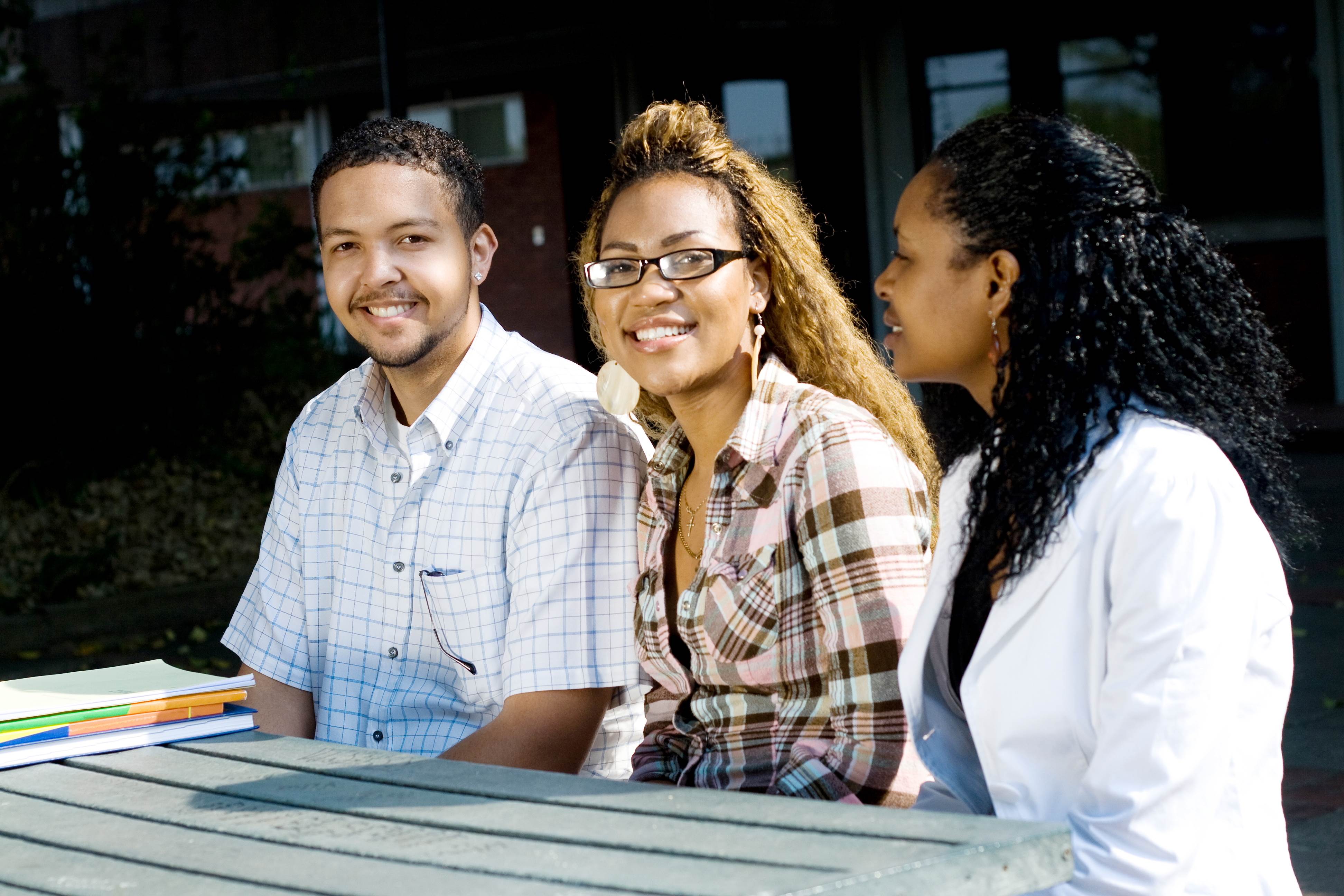Contact Us
Tel: +44 (0)20 7799 1460

17 May 2024

As a Caribbean citizen, I long to celebrate an International Day Against Homophobia, Transphobia and Biphobia (IDAHOBIT) that is not shaded by an ascending cliff wall of legal protections still left to be enacted by national and regional Parliaments.
It is true that over the last two years, around five Caribbean countries - Barbados included - have struck down colonial-gifted gross indecency laws, thereby decriminalizing consenting adult intimacy. However, taking Barbados as an example, a new chapter has begun wherein the island charts towards becoming a Republic which requires a re-imagining of the constitution, and work to safeguard the protections of marginalized groups has become more embattled than ever.
The Barbados Government, recognising the need for constitutional reform, appointed a Constitutional Reform Commission in June 2022 to curate recommendations for what a new constitution might look like - and by 2023 many of these submissions were made public.
It is now possible to gauge the temperature for how some of the Barbadian public would like the new constitution to treat the LGBTQ+ members of this society. For example, Submission 27 questioned if there is some malignant force directing LGBTQ+ people. Submission 54 writes:
‘NO legislation should be brought into being to condone/promote (1) same-sex marriages, (2) same-sex unions, (3) LGBTQQ+, (4) gender fluidity.’
Although there is small and vocal opposition to the rights that LGBTQ+ people should be afforded under the new document, it is not an accurate reflection of Barbados society's views in its entirety.
In order for Parliamentarians in the Caribbean region to understand not only the realities of the LGBTQ+ communities, opportunities should be provided for engagement with their LGBTQ+ citizens’ experiences and to those of the many allies that support them. In this way, the process of protecting minority communities can be a holistic project that elected officials can embrace and need to step into bravely to ensure all Barbadians have the right to healthcare, education, employment, housing, political participation, justice and to live free from violence.
We have seen continued progress in the wider Caribbean region with the Dominican High Court being the latest regional court to overturn discriminatory legislation on consensual same-sex relations. This has been a regionally led campaign by LGBTQ+ civil society and allies.
The tireless work of the Barbados LGBTQ+ Coalition, a conglomerate of various LGBTQ and social justice organisations, has been quietly but consistently working on increasing human rights for all. Understanding the complexities of constitutional law and the nuances of public opinion, the coalition has embarked on a mission to educate all citizens on the importance of inclusion.
One of their goals is to sensitize Members of Parliament to LGBTQ+ issues, educating stakeholders about the importance of inclusive legal protections and mobilising public support for a constitution that reflects the diversity and dignity of all citizens. These efforts are crucial in a context where misinformation and prejudice can significantly influence public opinion and, consequently, political will. Their commitment to education, dialogue and advocacy reflects a strategic approach to overcoming these obstacles. They understand that constitutional reform is not merely a legal process but a societal journey towards empathy, understanding and inclusivity.
The annual International Day Against Homophobia, Transphobia, and Biphobia is a time for looking forward, towards a Barbados, and a wider Caribbean, that shapes itself around the least protected in its ranks. Despite the noise, we are slowly, but surely, becoming an island more willing to treat innate differences with acceptance and compassion.
Let these twin beatitudes motivate our Parliamentarians to be the sources of their courage, as they take the fight to our Parliament when the Barbados Constitutional Reform Commission gazettes its recommendations.
The views and opinions expressed in the blog posts are those of the individual contributors and should not be attributed to the CPA or individual Parliaments.
To read the CPA's blog articles please click here.